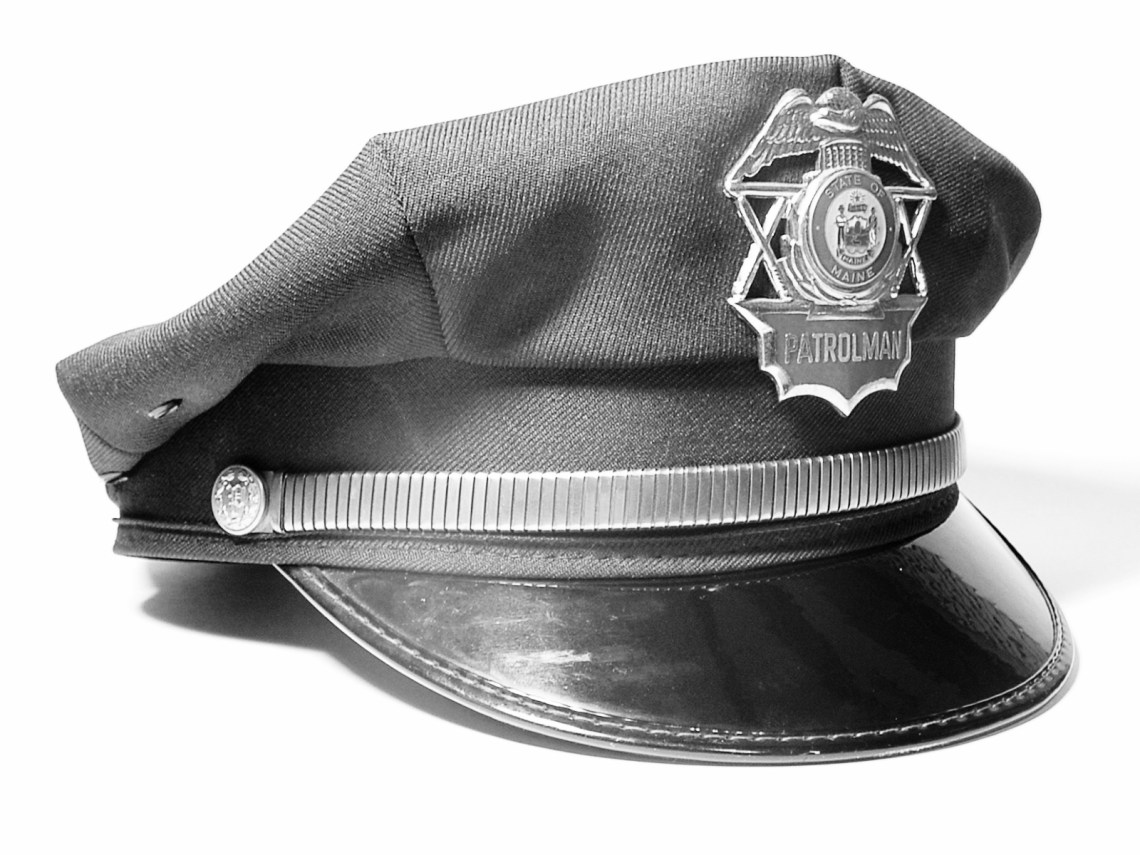
The 3rd Circuit Court of Appeals just ruled in Fields v. City of Philadelphia that the 1st Amendment protects your right to film police officers.
Judge Ambro wrote the decision and began his opinion by referencing the Rodney King beating by the LA Police Department. He noted that with advances in technology and the widespread ownership of smartphones, “civilian recording of police officers is ubiquitous.”
A Two-edged Sword
These recordings have both exposed police misconduct and exonerated officers from errant charges. However, despite the growing frequency of private citizens recording police activity and its importance to all involved, some jurisdictions have attempted to regulate the extent of this practice. Individuals making recordings have faced retaliation by officers, such as arrests on false criminal charges and even violence.
For that reason, it was important for the court to declare whether it was permissible for people to record what the police might be doing.
5 Circuits Ruled that Recording was OK
Judge Ambro said that every Circuit Court of Appeals to address this issue (First, Fifth, Seventh, Ninth, and Eleventh) has held that there is a First Amendment right to record police activity in public.
Student iPhone Videographer
The videographer in this case was a Temple University student. His courage in filming despite pressure from the police is noteworthy. Here are the facts.
One evening in September 2013, Richard Fields, a sophomore at Temple University, was on a public sidewalk where he observed a number of police officers breaking up a house party across the street. The nearest officer was 15 feet away from him. Using his iPhone, he took a photograph of the scene. An officer noticed Fields taking the photo and asked him whether he “like[d] taking pictures of grown men” and ordered him to leave. Fields refused, so the officer arrested him, confiscated his phone, and detained him. The officer searched Fields’ phone and opened several videos and other photos. The officer then released Fields and issued him a citation for “Obstructing Highway and Other Public Passages.” These charges were withdrawn when the officer did not appear at the court hearing.
Civil Rights Suit
Fields filed § 1983 claims (federal constitutional claims) against the City of Philadelphia and certain police officers. He alleged that the officers illegally retaliated against him for exercising his First Amendment right to record public police activity and violated his Fourth Amendment right to be free from an unreasonable search or seizure. He was right.
Judge Ambro’s decision did not just rule that recording the police was constitutionally lawful. His opinion, and its wording, suggested he was emotionally supportive of the notion that the police should be recorded in their interactions with the public.
He said:
“To record what there is the right for the eye to see or the ear to hear corroborates or lays aside subjective impressions for objective facts. Hence to record is to see and hear more accurately. Recordings also facilitate discussion because of the ease in which they can be widely distributed via different forms of media. Accordingly, recording police activity in public falls squarely within the First Amendment right of access to information. As no doubt the press has this right, so does the public.”
Understandable Police Feel Threatened
I understand why the police might feel threatened by bystanders taking videos of their interaction with the public. However, they have a special responsibility in dealing with the public fairly. Videos encourage the police to deal with a potential criminal defendant fairly and protect them when they face unfair charges.
Final Ruling
Certainly, after Fields v. City of Philadelphia, no reasonable officer could now successfully argue that there is not a First Amendment right to record police activity.
~Jerry Geiger

